Observing




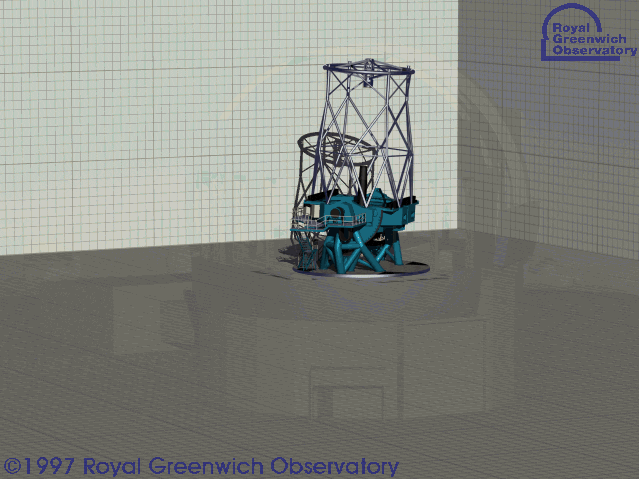


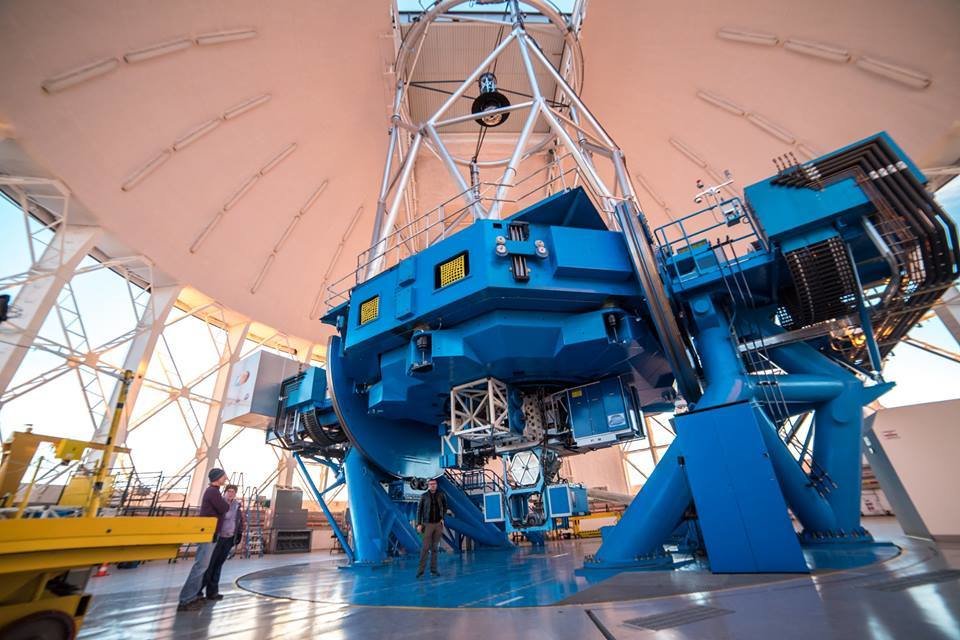












TMT

GMT



ELT
16x sharper than Hubble

The CHARA Array
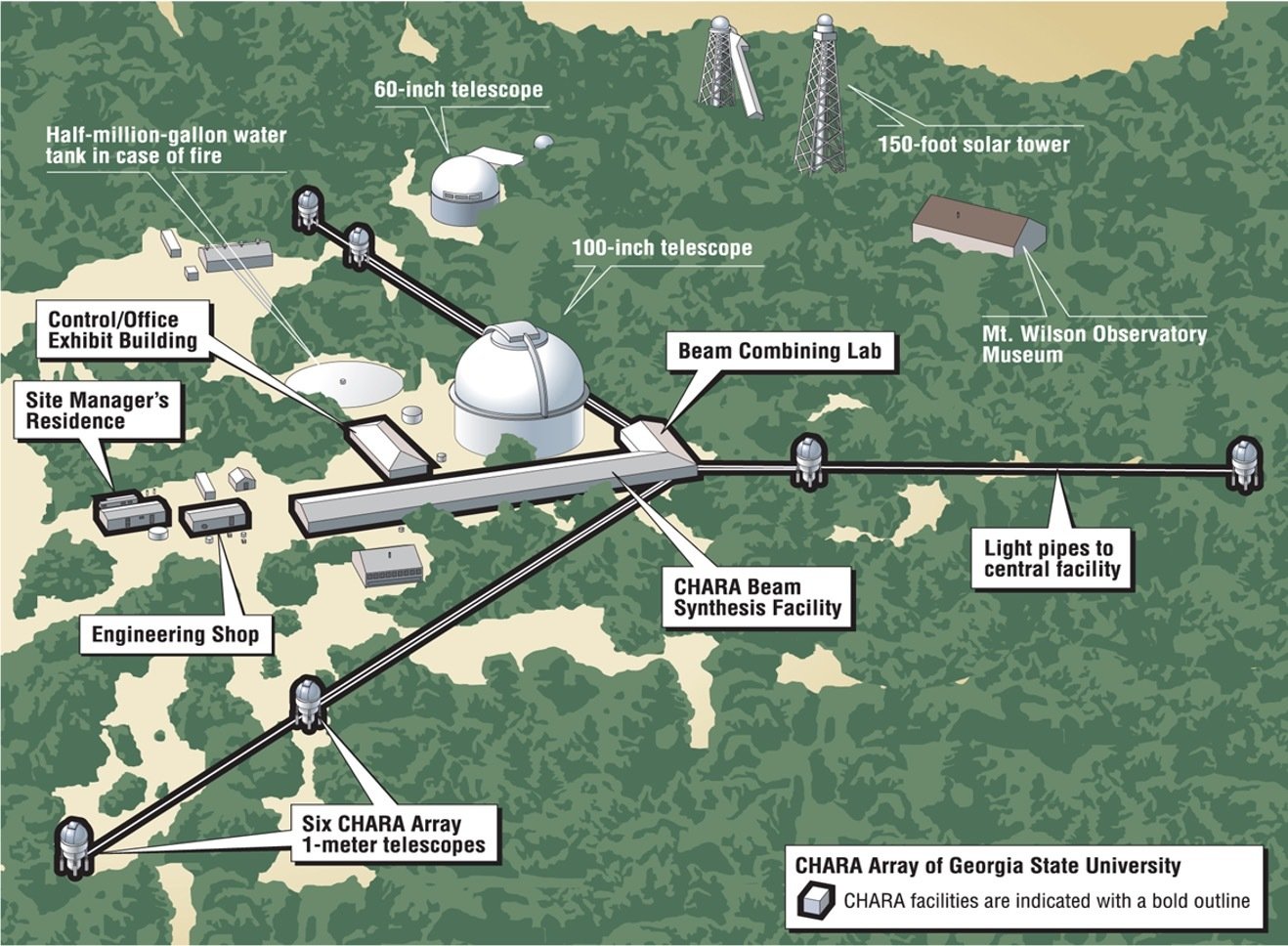
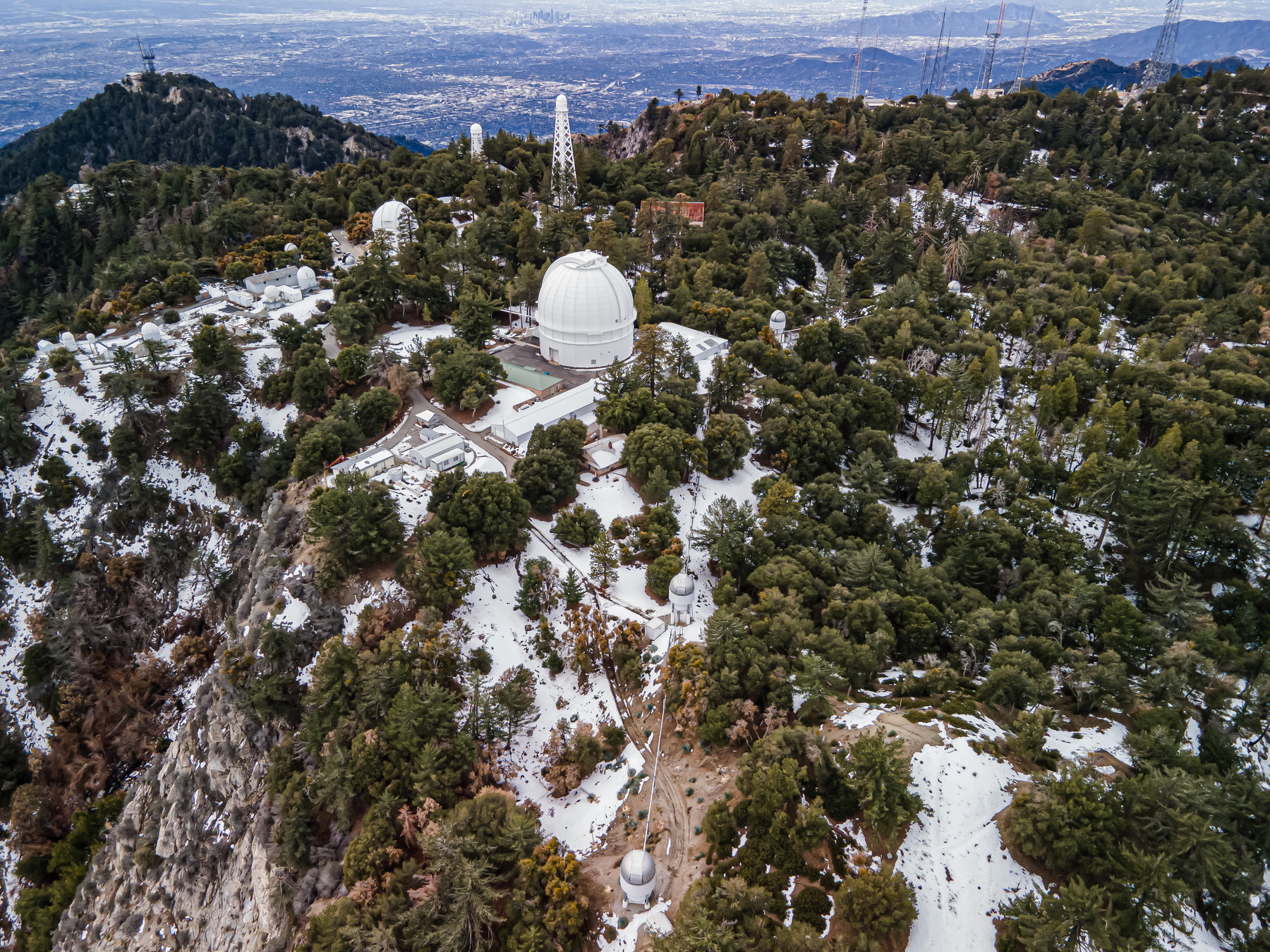

VLTI

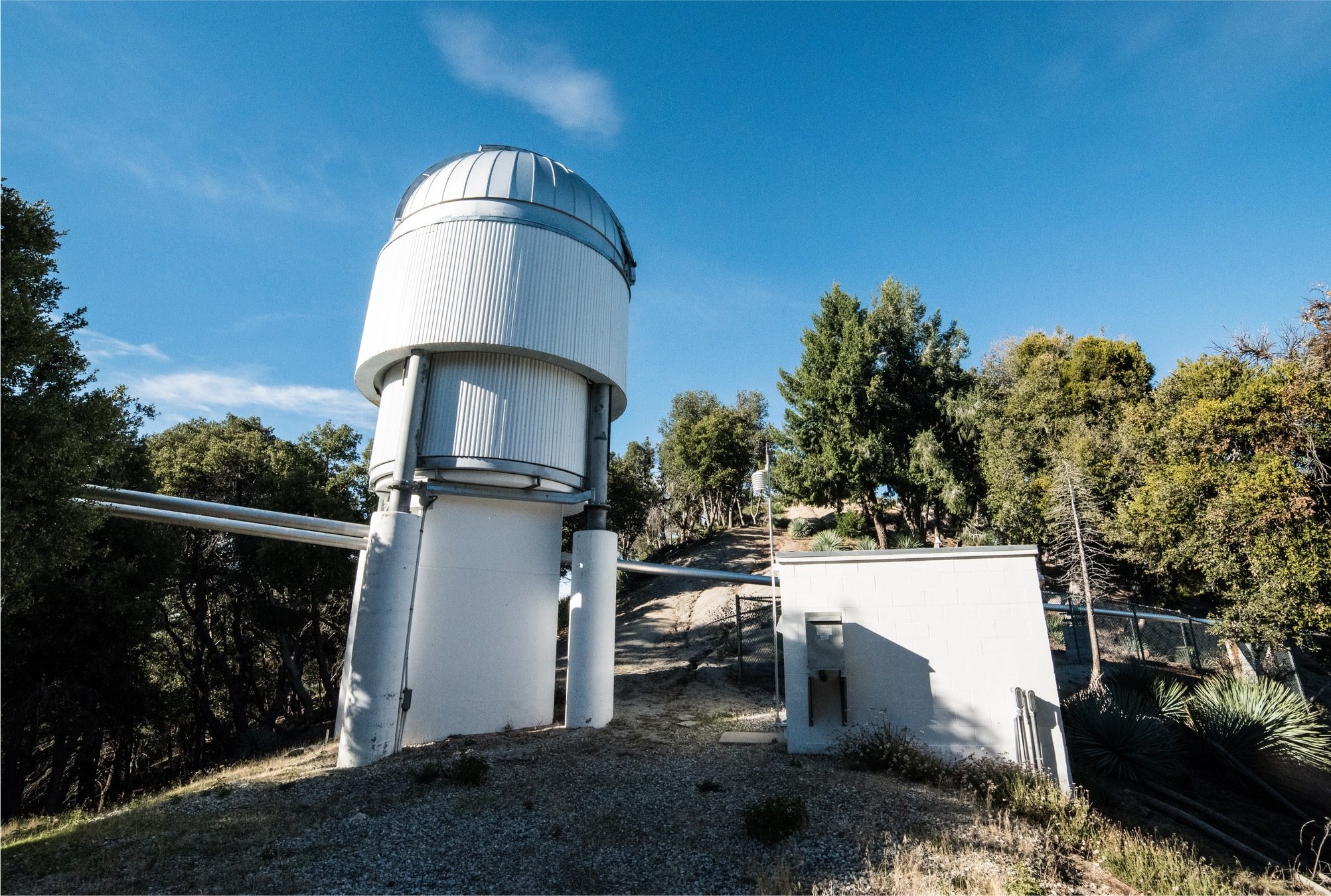
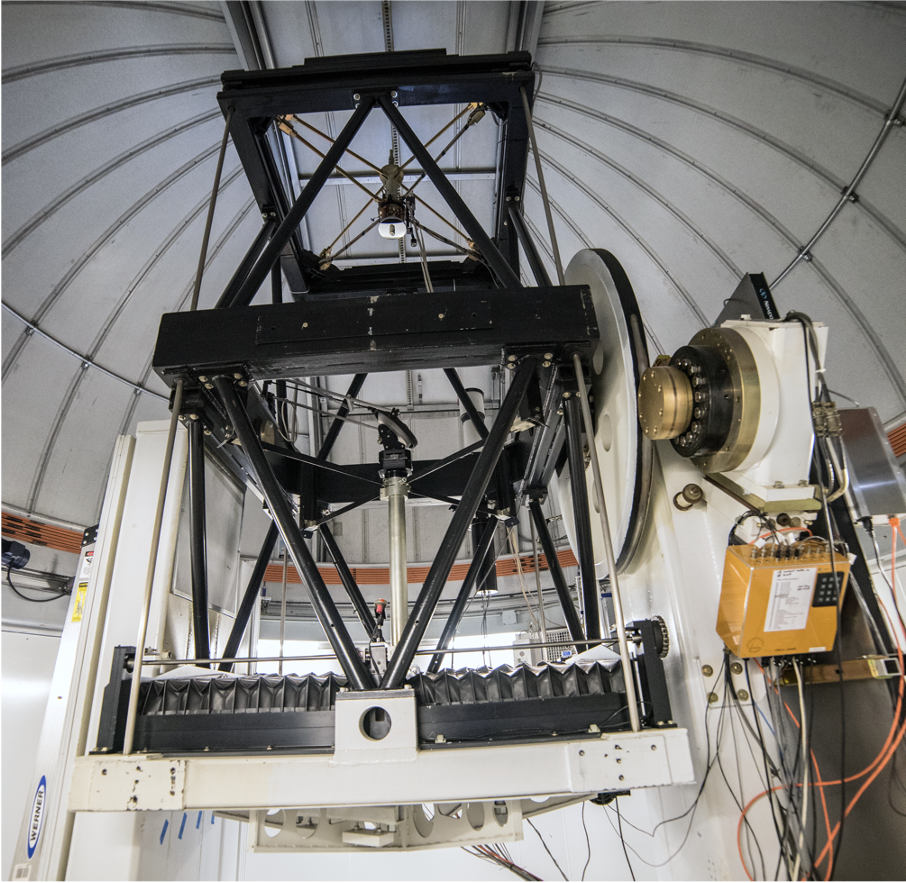


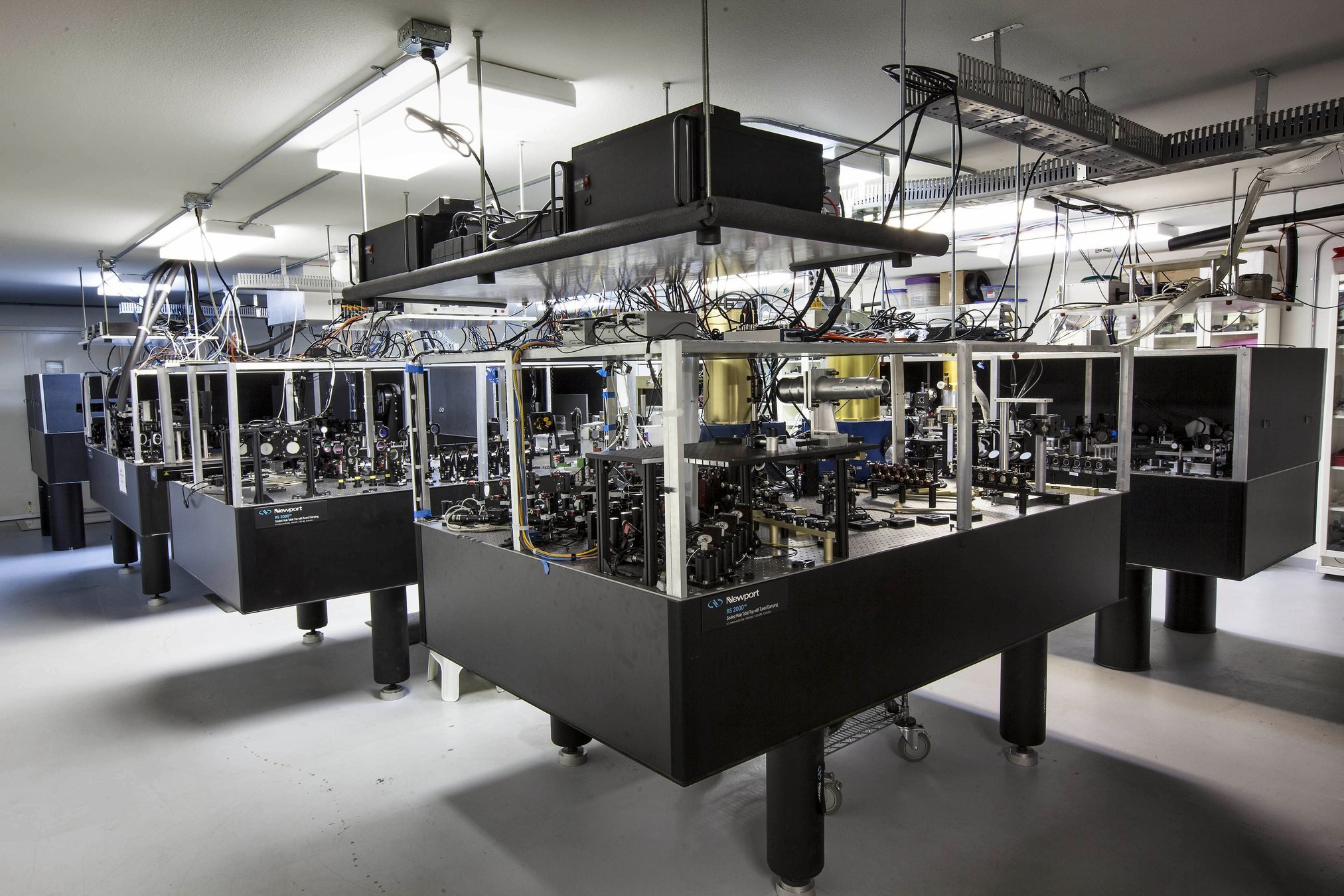


Image credit: ESO

The Array is capable of resolving details as small as 200 micro-arcseconds, equivalent to the angular size of a nickel (0,20€) coin seen from a distance of 10,000 miles (16,000 km).


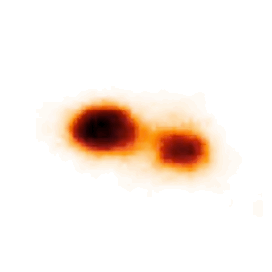
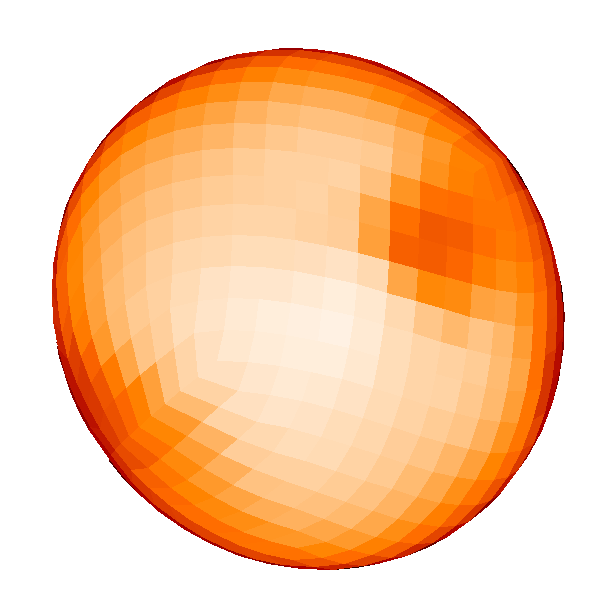
Spotted magnetic stars
Interacting binaries

Expansion curve of Nova Del 2013.


Regulus -- Che et al. 2011, ApJ, 732, 68
Rasalhague -- Zhao et al. 2009, ApJ, 701, 209
Altair -- Monnier et al. 2007, Science, 317, 324
Alderamin -- Zhao et al. 2009, ApJ, 701, 209
Beta Cas -- Che et al. 2011, ApJ, 732, 68
Solar system










Moons that are other worlds:




















Stars






<0.08
0.08-0.4
0.4-8
>8
>20
>3
1.4-3
>1.4
Solar Masses


Multiplicity of stars
40-50% of Kepler/K2/TESS objects of interest may have companions
- biases occurence rates & underestimates exoplanet radii by 50%
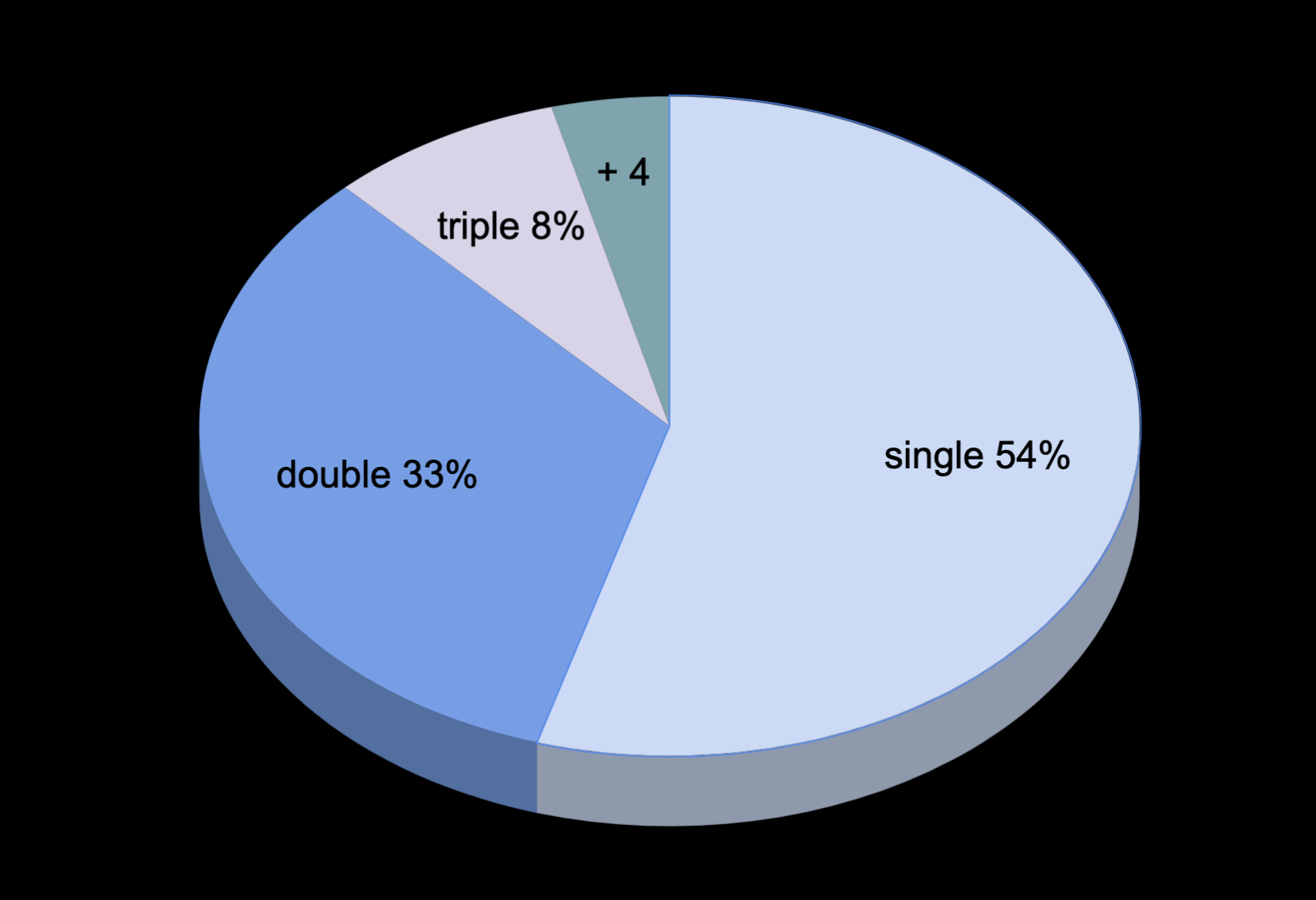
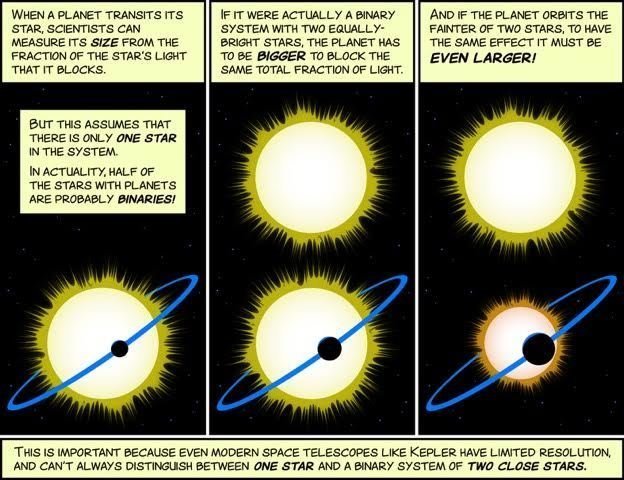
Scales and galaxies




There's about 5077 stars visible by naked eye. Which works out to 404 stars per sterradian.
So if you hold an iphone out at arm's distance, there’re about 50 visible stars in that amount of sky
There’s estimated to be 200 billion galaxies. Which works out to about 15.9 billion per sterradian.
An iphone 12 screen pixel is ~0.3mm.
There’re about 1,400 galaxies in the area of that single pixel.
An estimate of the number of stars per galaxy is 100 billion.
So that puts around
140,000,000,000,000 stars in the area of that single pixel

Finding exoplanets


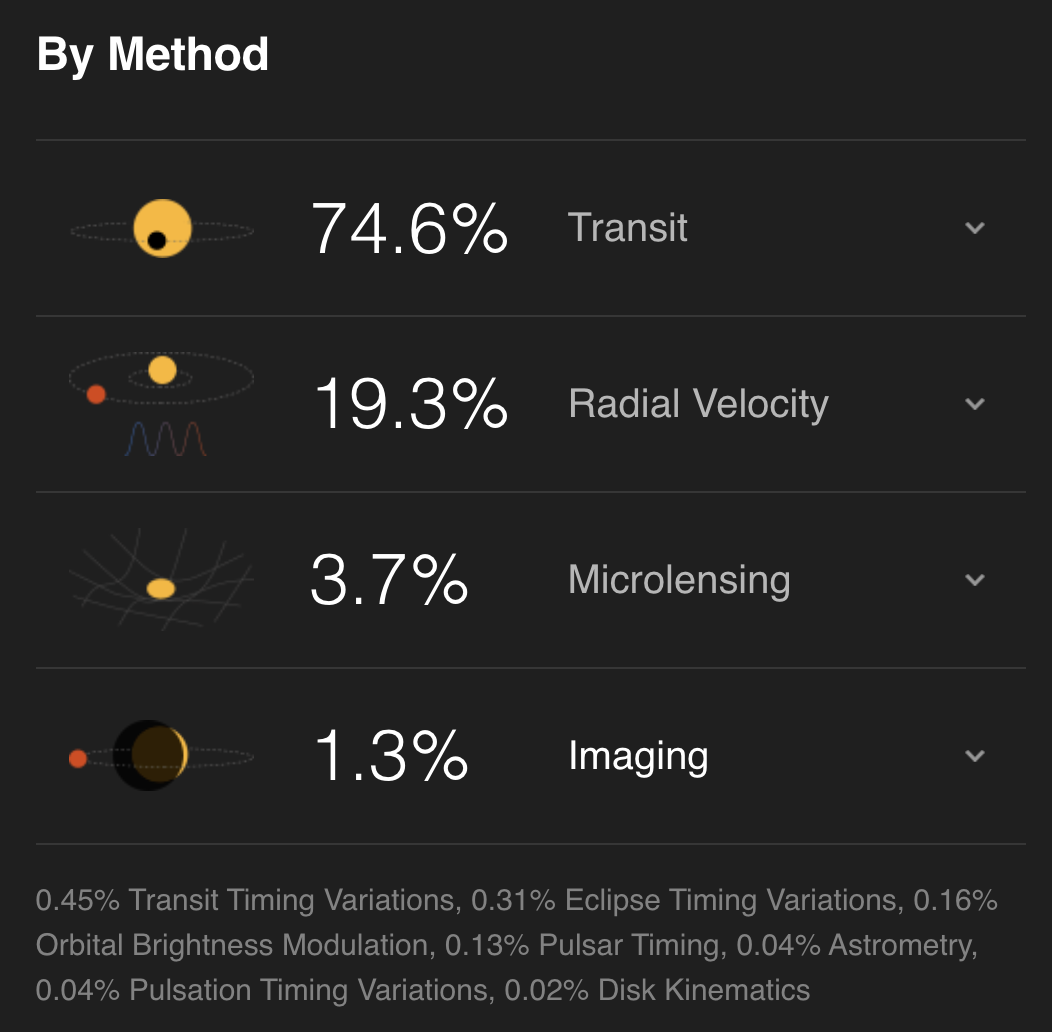
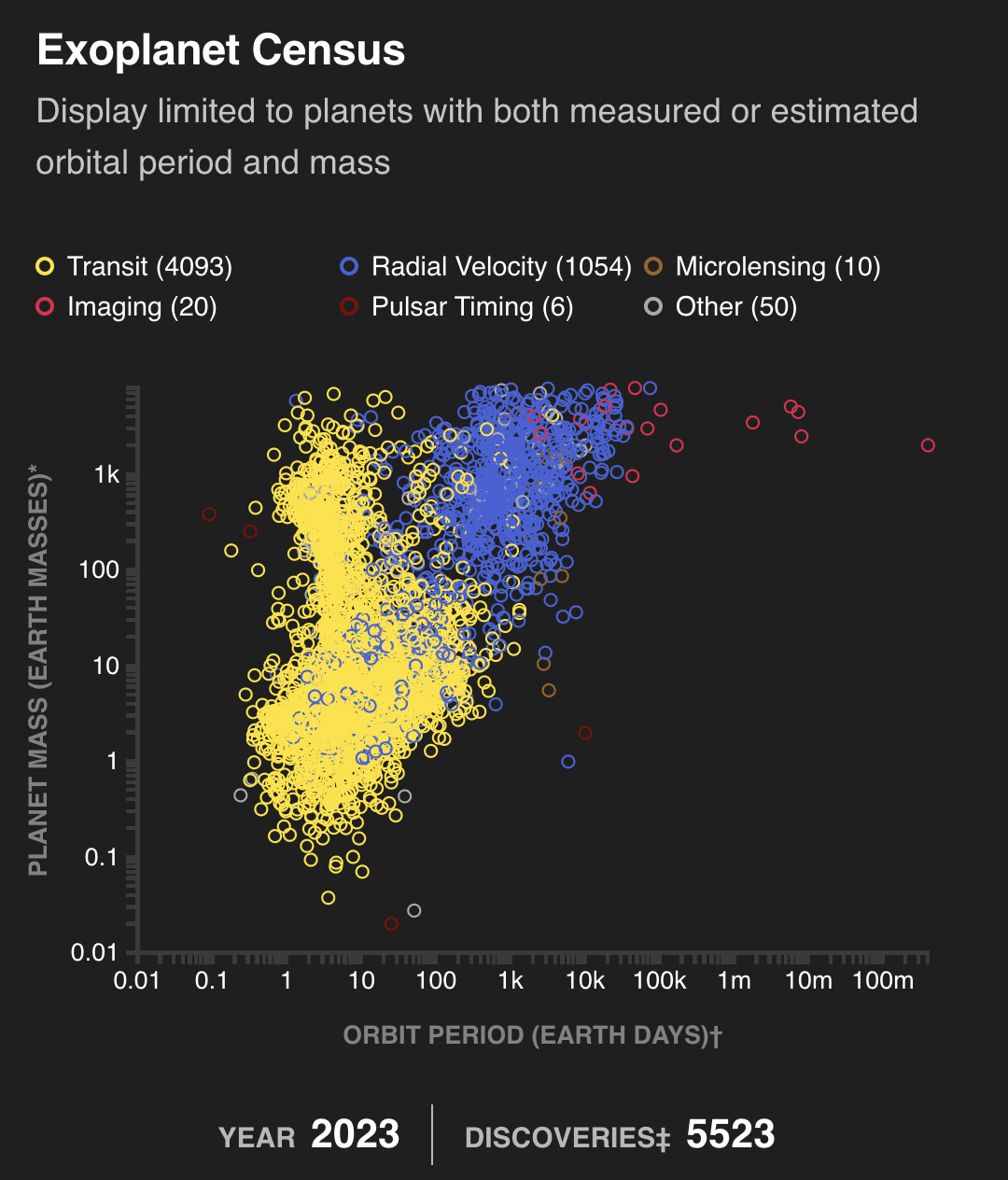
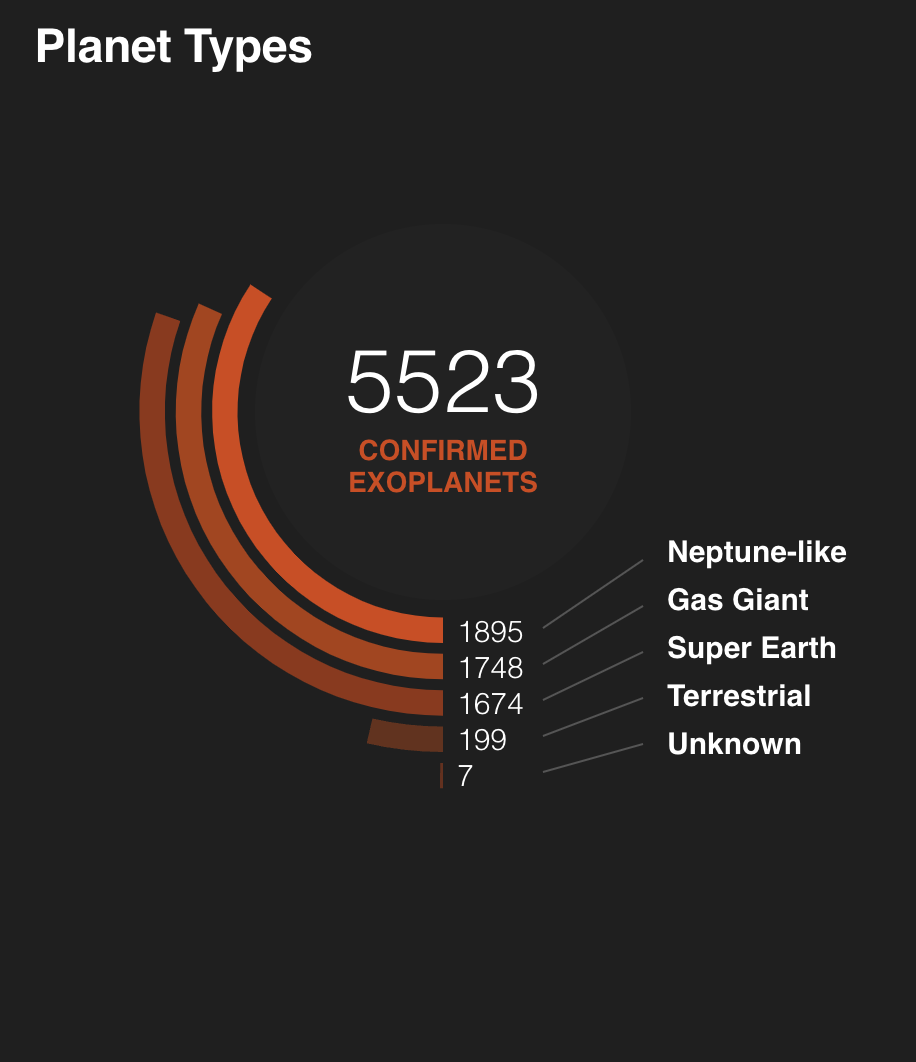






TESS camera apertures
Kepler primary mirror
TESS



Types of
exoplanets






- Hot Jupiters
- lava planets
- rogue planets
- tidally locked/eyeballs
- multiple worlds
- lethal rain
- devoured planets
- evaporating planets
- eccentric orbits
- ocean planets
- zombie planets
- circumbinary planets









- multiple-habitable worlds

- circumbinary planets


Super-Earth or mini-Neptune?


links:
The Sun:
https://www.youtube.com/watch?v=6tmbeLTHC_0
black holes:
https://www.wikiwand.com/en/Black_hole
https://www.youtube.com/watch?v=4YzWosQYg6Q
https://www.youtube.com/watch?v=if2opecmev8
https://www.youtube.com/watch?v=wyuj7-XE8RE
https://www.youtube.com/watch?v=TF8THY5spmo
exoplanets:
https://exoplanets.nasa.gov/interactable/11/
https://en.wikipedia.org/wiki/List_of_exoplanet_extremes
https://www.quora.com/What-is-the-farthest-exoplanet
https://www.space.com/29120-alien-planet-among-farthest-known.html
https://www.nasa.gov/feature/jpl/20-intriguing-exoplanets
http://seagerexoplanets.mit.edu/research.htm
known universe/scales:
https://neal.fun/size-of-space/
https://www.youtube.com/watch?v=17jymDn0W6U&list=PLrfcruGtplwHQB7fGpuohlVkRDhPaJfJt
Scale of the Solar system: http://joshworth.com/dev/pixelspace/pixelspace_solarsystem.html
https://www.space.com/30610-scale-of-solar-system-amazing-video.html
https://www.youtube.com/watch?v=GoW8Tf7hTGA
Scale of the universe: http://htwins.net/scale2/
Sizes of stars: https://www.youtube.com/watch?v=kBkNhMfrxuk&feature=youtu.be
How many exoplanets have been found?
https://exoplanetarchive.ipac.caltech.edu/




do you feel the movie interstellar is accurate?

Interstellar

What is the most interesting observation you have made during your job?

Oumuamua



Vera Rubin
What does the concept of dark matter help solve? Why does it make sense?

How many exoplanets are discovered and/or named on a daily basis?









"Even at its very end, no matter how far into the future we go, the Universe will always continue to produce radiation, ensuring that it will never reach absolute zero. However, this final-state bath of photons should be tremendously difficult to ever observe. With a temperature of ~10^-30 K, this cosmic radiation should have a wavelength of ~10^28 meters, or about 30 times the size of the observable Universe today."

- retroreflectors
- live radio tracking
- video technology
- many thousands of ppl across multiple countries involved
- samples returned
- photos




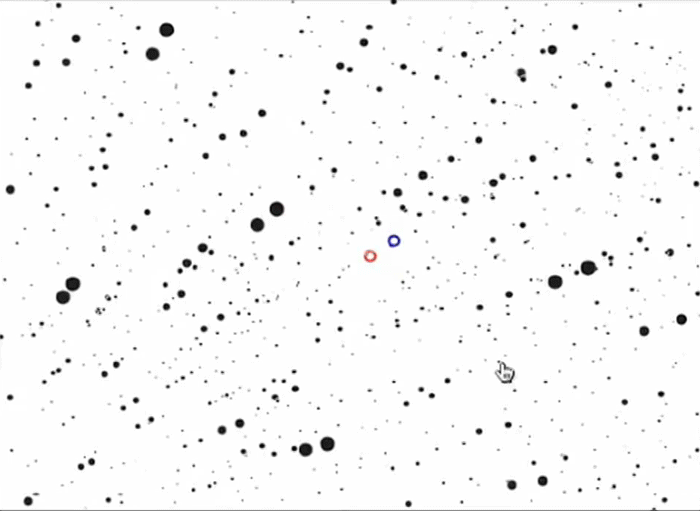
Random


Characteristics
- Intensity
- photometry
- magnitudes
- transits
- photometry
- Wavelength
- spectrum
- radial velocity
- composition
- incandescence
- emission
- absorption
- spectrum
- Interference
- Polarization
- linear
- circular



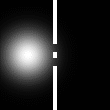

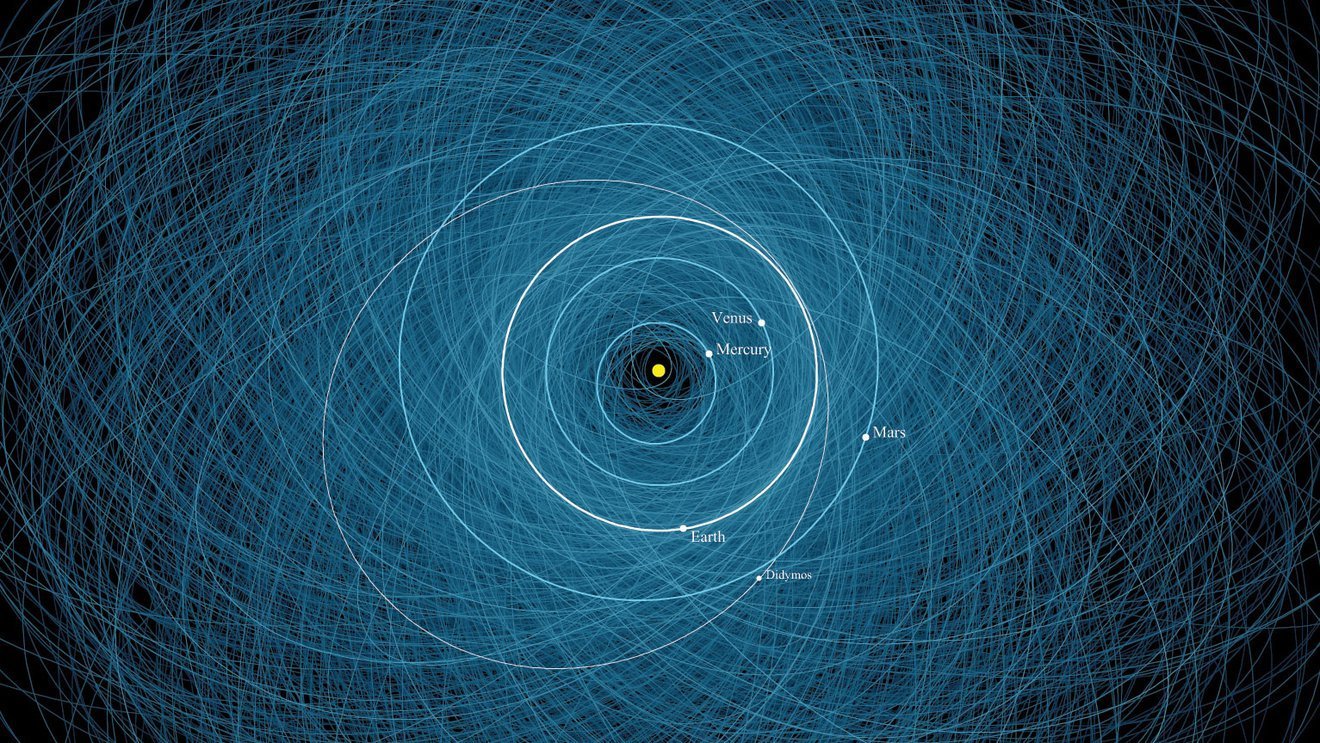
orbits of 2,200 potentially hazardous objects as calculated by JPL’s Center for Near Earth Object Studies (CNEOS)
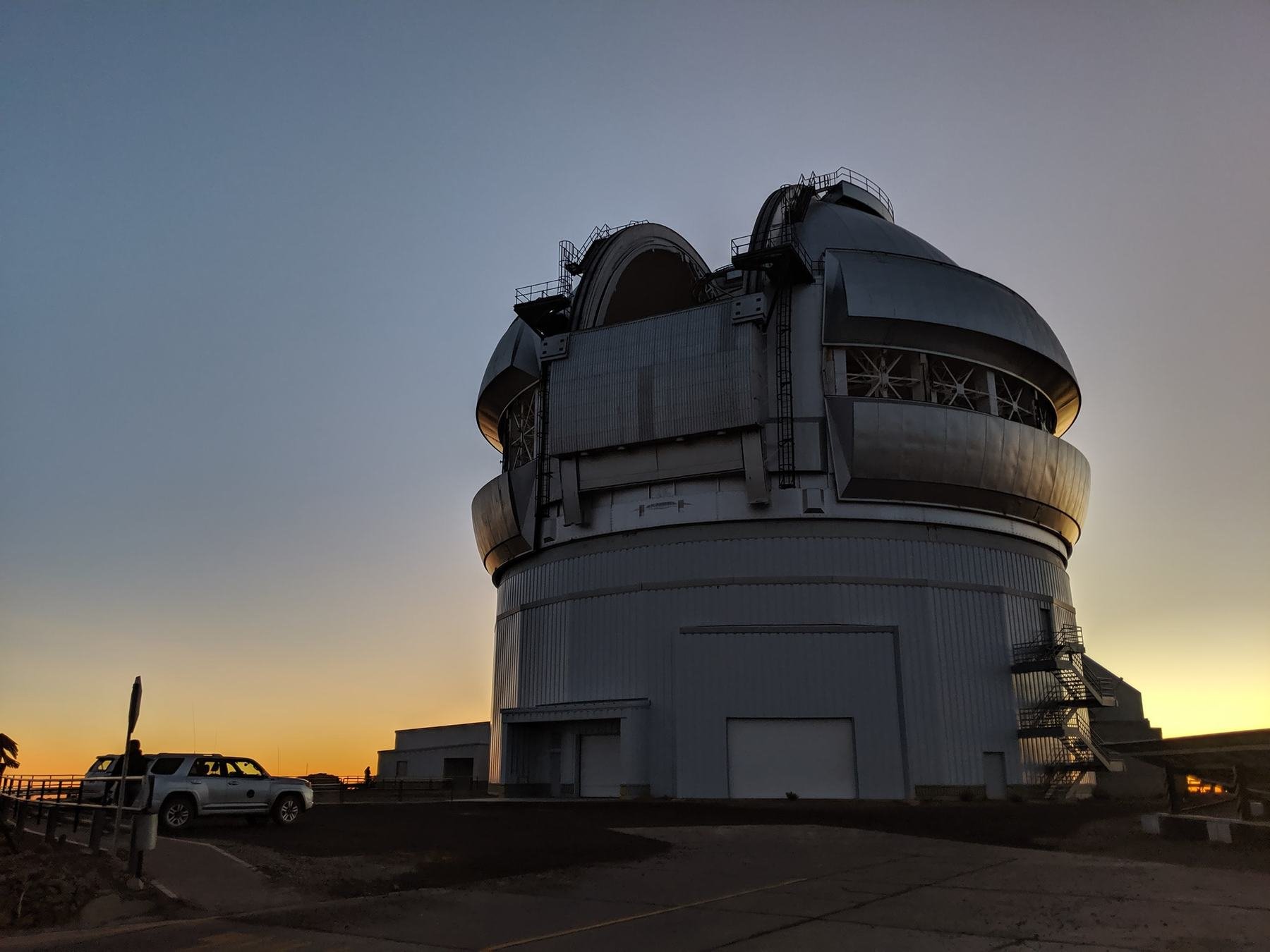

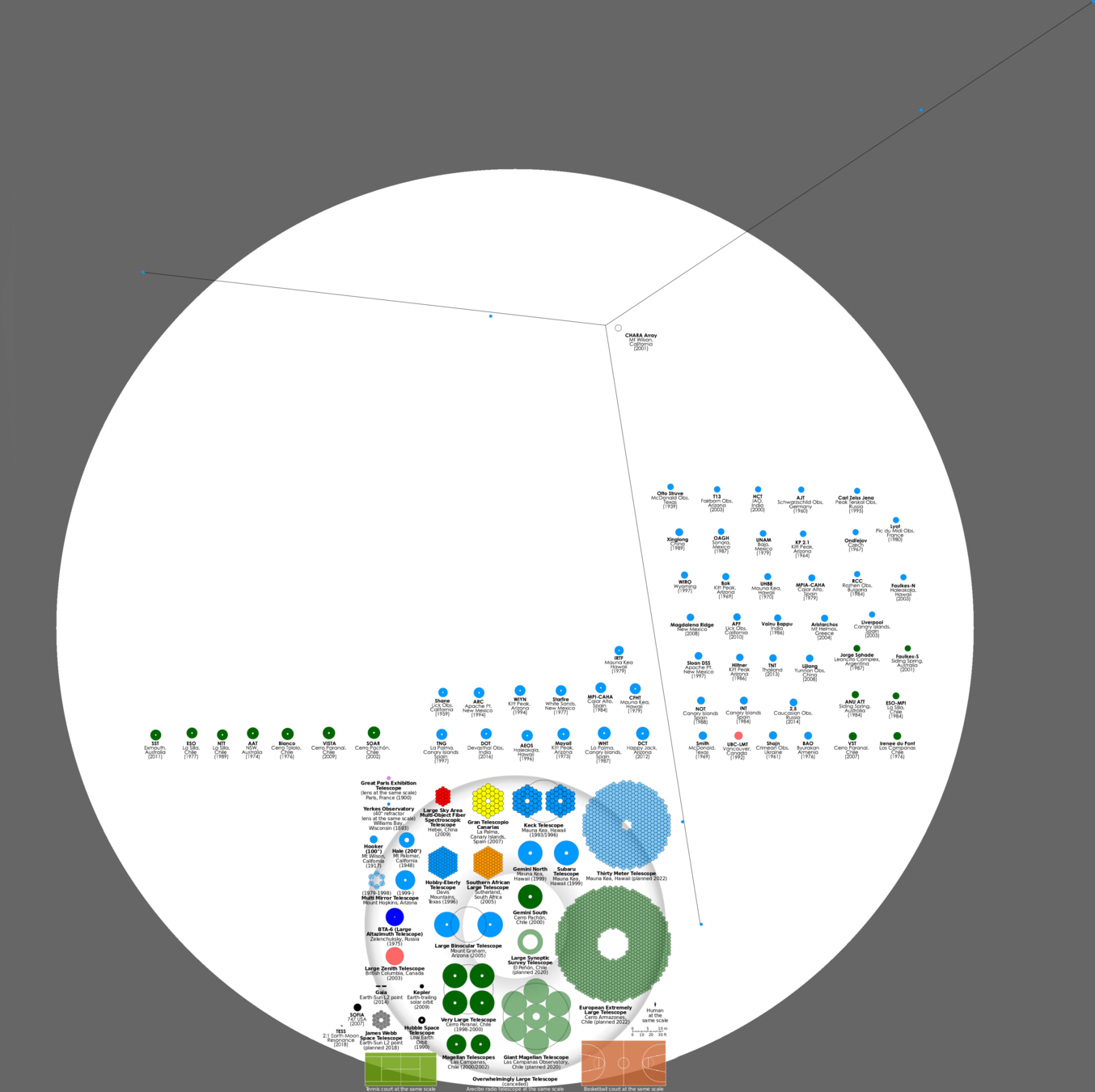














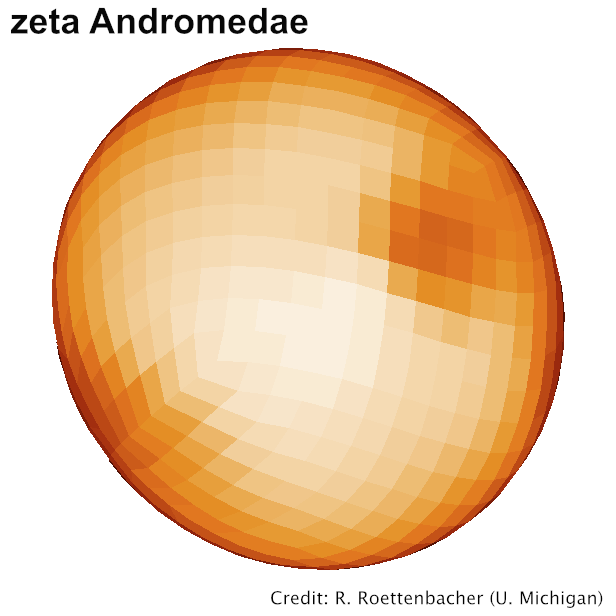






Be stars
past questions:
Fern
-
How was the asteroid belt made?
-
formation of solar system, disruption by Jupiter
-
-
Has any other life been found?
-
How many galaxies are there?
-
100s of billions: +100,000,000,000
- our galaxy has 250 billion stars: 250,000,000,000
-
-
Are there more spiral galaxies?
-
Are there planets outside our solar system?
-
How did the planets get in our solar system? Why not on a different star?
-
How do planets get moons?
-
Why are planets round?
-
Why does Saturn have rings? What are the rings?







-
How do planets get made?
-
Are there other planets with atmospheres like Earth’s
-
How do planets find their orbits?
-
How do we know what the Sun is made of?


-
How many stars are in our galaxy?
-
What is the purpose of a star?
-
Why are stars different colors?

-
Why do stars twinkle?
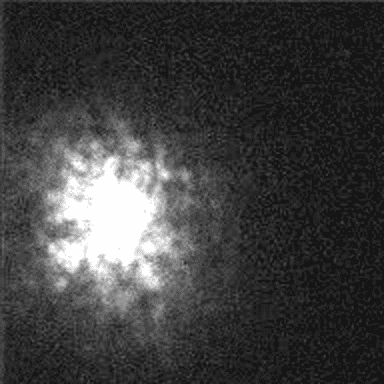
-
What are stars made of?
-
What is a supernova?
-
Where’s our closest star after the Sun?
-
How long do stars live?
-
Was there another Sun here before ours?
-
How are stars formed?
-
Are there moons around the Sun?
-
How many people have been to the moon?
-
24 have been to the moon, 12 have walked on it
-
-
Why can’t we see the moon’s colors from Earth?
-
How many black holes are there in our galaxy?
-
10s of millions: +10,000,000
-
-
What is a black hole if it’s not a hole?
-
Can humans visit black holes?
-
Do black holes have names?
- Fornax A
- 1ES 2344+514.
- 3C 75.
- 3C 371.
- AP Lib.
- S5 0014+81
- APM 08279+5255
- Arp 220.
- GRS 1124-683/GU Mus
- GRS 1915+105/V1487 Aql
- GS 2000+25/QZ Vul
- GX 339-4/V821 Ara
- IGR J17091-3624
- Sagittarius A*
-
What makes black holes so powerful?
-How long on average does it take to build a telescope?
-What is your recommended schooling/internship path in order to do Astrophysics for NASA? -
-Why did you pick this for a job?
-What is your favorite project you have ever done? And what were its functions?
-Why did you choose so many different jobs
-How long were you in school for and what pushed you to keep going through classes?
-What is the best project you have worked on?
-Was all the school worth it?
-Do you make a decent amount of money?
-What is it like being a telescope systems scientist?
-What was the most intricate problem you had to tackle when designing a telescope?
-What is your favorite and least favorite thing about your job?
-How did you get a PhD in France?
-What is your favorite thing about your job and why do you like it? Also how do you figure out how to -make a powerful telescope?
-How do you know how much schooling to get?
-What's your favorite part about the CHARA
-How and when will the universe end
-What other things have you built
-What is the best and worst part about working for NASA?
-Do you find Astronomy/Astrophysics a good job for balancing other aspects of your life? Such as family or other hobbies?
-What is your favorite thing in space?
-What is the coolest discovery/thing you’ve done in your job/education?
-What can you tell us about how the james webb space telescope works
-Does microwaving a burrito near the telescope affect the picture?
-Do you implement measuring systems into your telescopes?
-Which planet could you hit the coolest triple backflip on?
-What is the craziest thing you've discovered or seen?
-What are your thoughts on the GN-z11 galaxy and its potential to create Population III stars that would allow us to observe the earliest stars made up of almost entirely Hydrogen and Helium?
-Clearly there's a lot of different theories on how time and space works, what's your theory?
Does astrophotography have similar properties and methods as photography here on Earth, or is it a completely different thing? -
-What is your favorite thing about Astrophysics, and what is your favorite lesser-known fact that involves Astrophysics? -
-Does developing cameras for observing space use similar components as our cameras on Earth?
-If you got the opportunity to go to space right now would you
-What Astronomical discovery do you hope to witness in your lifetime? Also, what’s one Astronomical event you are excited about that you won’t be able to witness?
-If you could see one Astronomical object in person, what would it be?
-
What advice would you have for a student looking for a career in Astro?
-
What is the most interesting thing you have studied?
-
delphinus nova 2013
-
-
How does the supplier of the telescope work? (who made it, etc)
-
When and how were you inspired to work with telescopes?
-
The most insane thing you have seen with a telescope?
-
oumuamua
-
-
Are mirrored/reflecting telescopes the best type?
-
What do you like about your job? What do you most dislike about your job?
-
If you weren’t working on telescopes, what would you be doing?
-
What is something NASA is working on right now?

-
What can you say about other types of telescopes? (all kinds?)
-
Do you know when the luvoir telescope will launch?
-
What are your expectations for the future of humanity on other planets or finding life on other planets?
-
What climate change related projects is NASA working on?
-
If making money is your goal, what type of science should you study?
-
What is the most rewarding part of your job?
-
Are there any plans to send humans to space again soon?
-
humans are on the ISS right now
-
-
How does climate change affect NASA? (if the world is going to end, if climate change is such a big problem, wont that affect our study of other planets)


Why is the government underfunding NASA? Are there other ways for NASA to get money?

- What are some of the other planets that are outside of our solar system?
- How many exoplanets are there?
-
What kind of things do you study, specifically?
-
What types of instruments do you build?
-
Do you use chemicals or gases, like helium, in your research?
-
spectral lamps, liquid nitrogen
-
-
Is there another planet that can support life?
-
Have you made any discoveries?
Have you ever tried space food? What was it like?
-
What is your theory on how the universe was created?
-
When you do research, how do you find things on other planets?
-
Why did you become a scientist?
-
Have you ever done any experiments? If so, what kind?
What is the closest exoplanet to our solar system?
Proxima Centauri b

Have you ever seen any planets through the telescope at NASA?

Was the moon landing fake?
- photos from LRO
- photos from the missions:
- equipment on the moon
- seismometers
- laser retroreflectors
- lunar samples
- broadcast tracking -inc Soviets

-
What is physics?
-
How long does it take to confirm an exoplanet? What steps do you have to take?
-
What did you have to do to become a successful scientist?
-
What is a day like for a scientist?
-
What is the experience of being a scientist? What is the reaction when you tell people you’re a scientist?
-
Do you have another job besides being a scientist? If you weren’t a scientist, what would you be?
-
Was it always your dream to be a scientist?
-
What is it like to use a telescope? How do you use one?
-
What are your thoughts on aliens?
-
What do you do for fun at work? For example, if you have some down time.
| Could space one day reach absolute zero? |
| What is the most interesting thing you've found |
| What kind of background do you need to become an astronomer. |
| what are you looking for in exoplanets, how do you find them. |
| What is the most interesting thing that you have studied |
| What is your favorite thing you have researched so far? |
| What's the closest exoplanet? |
| what different elements go into the programming that you do (like math, science, chemistry; what kind of knowledge/resource do you use?) |
| What does a scientist do besides experiments? |
| When did you start to get interested in astronomy? |
| was the moon landing faked |
| Which piece of evidence is the biggest proof for the Big Bang Theory? |
| if the big bang theory is somehow proven to be wrong what other ways do you believe the universe could've been created |
| How is it like to work with Telescopes? |
| What do we know about Mars? |
| What is your favorite part about astronomy |
| why did you want to be an astronomer. |
| how did you choose to pick such a specific field of astronomy |
| Can you explain the concept of empty space and nothingness? |
| What did you go to college for in order to have your job? |
| What's the biggest telescope you've ever seen out of? |
| what is the coolest thing about your job? |
Did we really land on the moon?
What do you do for work on a day to day basis?
would you go to space?
Do you think Mars can be colonized?
could the earth have more than 1 moon?
Do you think that everything around us one day will just disappear?
How long does it take to become an astronomer?
What was your favorite project?
how do you think the universe will end?
what other sciences do you use in your work with astronomy?
What are your thoughts on Mars missions and possible human missions to Mars?
|
Why did you go into astronomy? |
| What is the closest black hole? |
| what made you decide to do what you do? |
| Is being a scientist a good career choice? |
| What is the most fascinating thing you've learned throughout the course of your career? |
| what would happen if we nuke the sun? |
| Would you want to go to space? |
| will we ever send someone to mars/ is it possible? |
| What degree do you need to become a Telescope Systems Scientist or any kind of like astronomer kind of job? |
Do you think “regular” people will be able to travel to other planets in our lifetime?
Do you think there will be another moon mission where people walk on the moon?
Do you work with rovers?
What is the Artemis Mission?
Why did they make the rule to have dwarf planets?
Can stars/sun affect satellites or tech on Earth?
What other planets have living things on them and do you think we can live on them?
What do stars look like?
What kinds of instruments do you use?
What is the best part of your job?
Did you have to train like an astronaut?
Do you work for NASA?
how did you get into astronomy? why did you specifically choose exoplanets? also whats your favorite star?
How did you realize/decide that this career was what you wanted to dedicate your life to?
what's your favorite and least favorite parts of your job?
what is the point of looking for exoplanets?
do you have a favorite piece of sci-fi media (like a movie, show, book or graphic novel)? space is already super cool but is there a sci-fi world that you wish was real?
-Culture Series, Project Hail Mary, The Expanse
Why does quantum entanglement occur? How is it possible? What kind of connection do each quanta have?
Why do quanta act the way they do when they're not being observed or interacted with? What does that mean about the universe when it isn't being observed? Can we ever know for sure what it looks like when a quanta is unobserved?
If other universes existed simultaneously with ours, would that be considered the 4th dimesion?
What makes gravity not 100% accurate? What is keeping it from being a law?
When one thing happens to an engangled particle on "one side of the universe" and the other particle mirrors it on another "side", is it in real time or is it based on light years? Like if they were 100 light years away, would the second particle mirror the first particle 100 years later?
public talk-skype-a-scientist
By Nic Scott
public talk-skype-a-scientist
- 909



